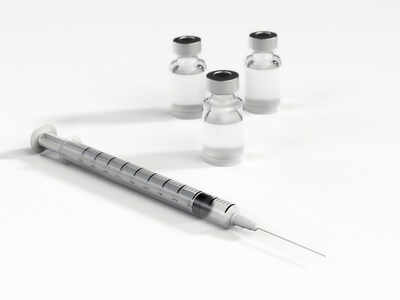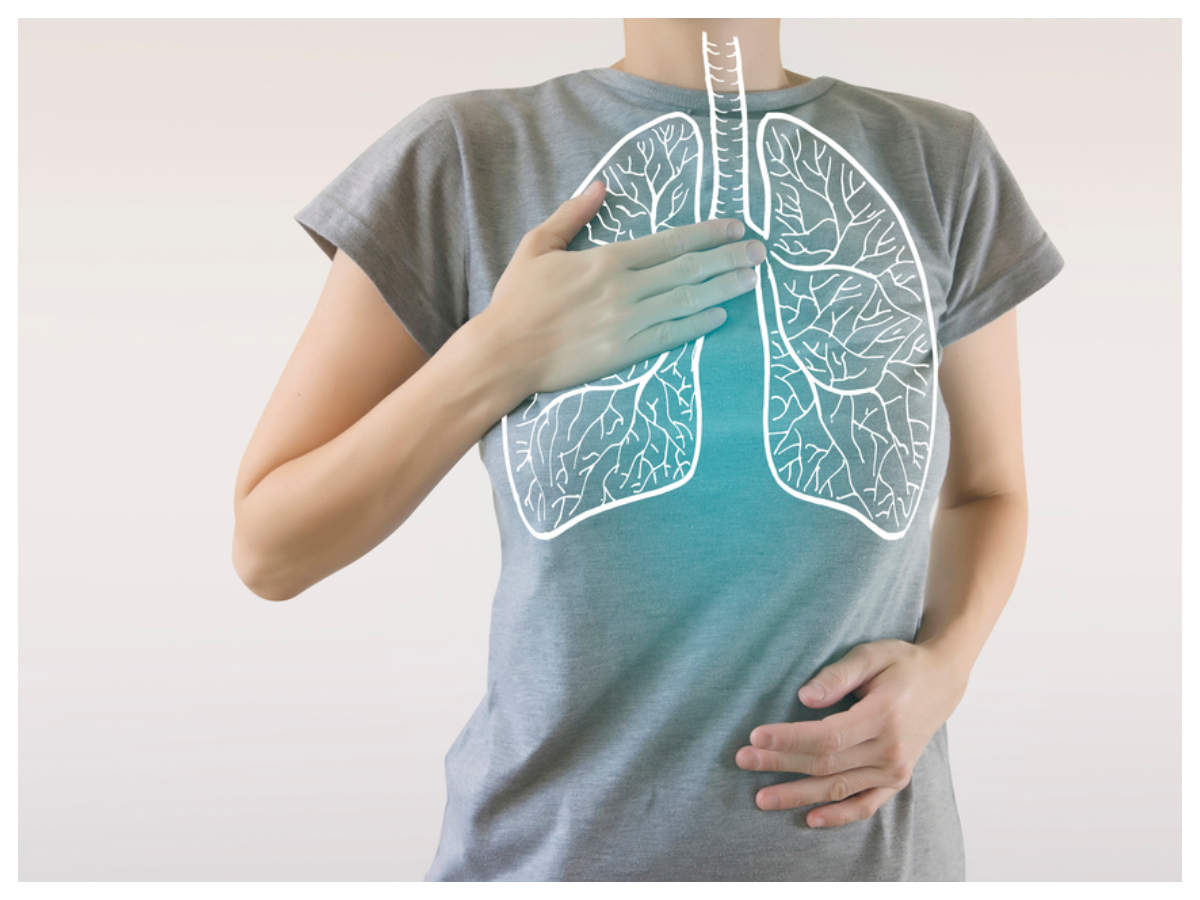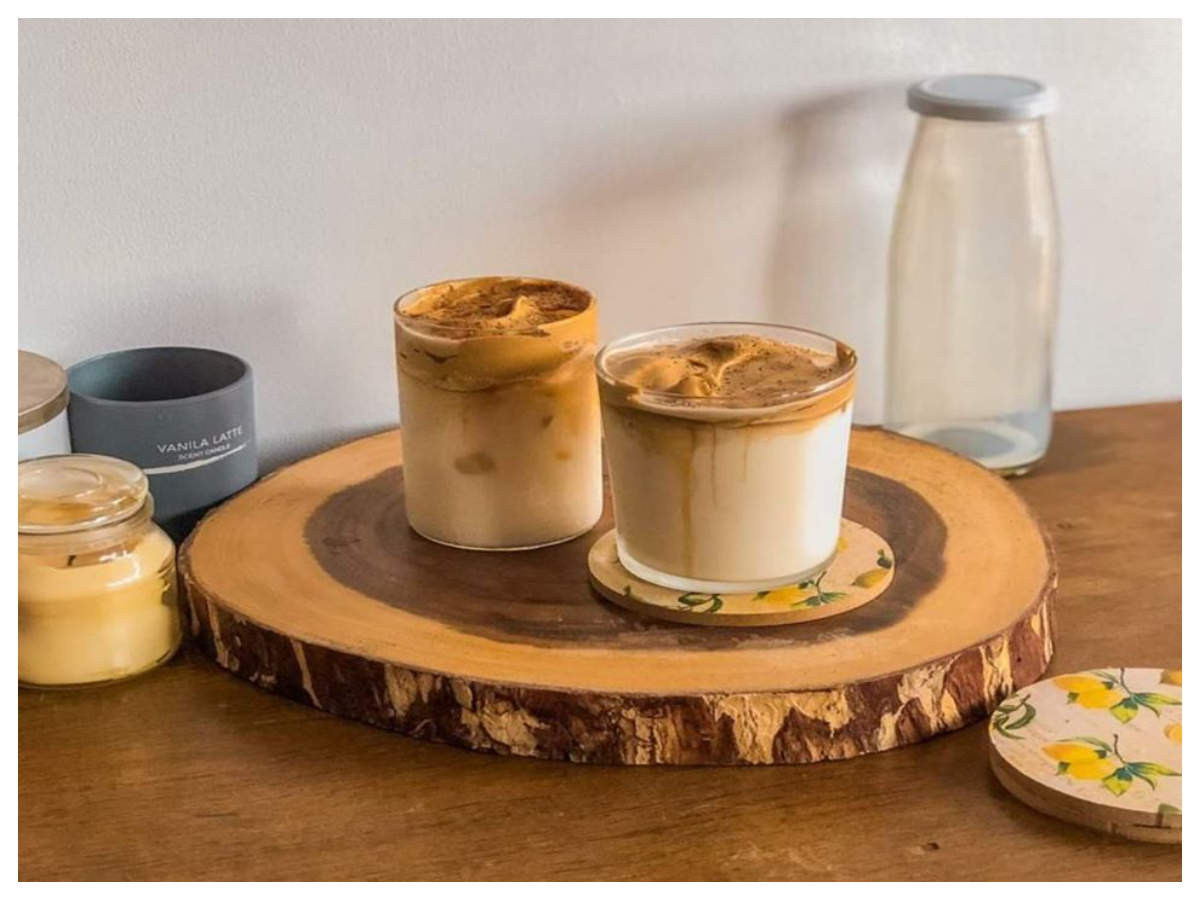
ROHTAK: Haryana will start testing the potential cover a 100-year-old vaccine for tuberculosis can provide for Covid-19. The trial, which will involve 175 healthy high-risk people observed over 180 days, begins next week.
“The plan is to administer the BCG vaccine to healthy people in close contact with those who have tested positive to see how far the vaccine provides immunity to Covid-19, if they get infected even after the vaccination and how severe the condition can get,” said Dr Savita Verma, professor of pharmacology at PGIMS in Rohtak, which will conduct the trial. Dr Verma and Dr Dhruv Chaudhary, nodal officer for the response to Covid-19 in Haryana and head of the department for pulmonary and critical care at PGIMS, Rohtak are heading the project.

The jury is out, however, on how far the BCG vaccine can help in the fight against Covid-19. The World Health Organisation (WHO) has categorically said “there is no evidence that the Bacille Calmette-Guérin vaccine (BCG) protects people against infection with Covid-19 virus ... In the absence of evidence, WHO does not recommend BCG vaccination for the prevention of Covid-19.” The concern, it said, was that “diversion of local supplies may result in neonates not being vaccinated, resulting in an increase of disease and deaths from tuberculosis.”
The ICMR, too, had a cautious stance. “The ICMR will begin a study next week. Till we have definitive results, we won’t recommend it even for health workers,” Dr RR Gangakhedkar, head of epidemiology and communicable diseases at ICMR, had said last week, adding that there is not enough evidence for an official position on the BCG vaccine for Covid-19.
The permission to start the trials came from the Drug Controller General of India on April 12. In India, four other hospitals have obtained permission for BCG trials — KEM Hospital and Bharti Vidyapeeth Hospital in Pune, King George Hospital in Visakhapatnam and Sum Hospital in Bhubaneswar.
“The BCG was developed as a vaccine against tuberculosis but studies have shown its ability to induce potent protection against infectious diseases,” said Dr Verma. And how is that expected to work? The theory rests on the idea of innate immunity, kickstarting processes in the body that fight off infections in a generalised way.
The BCG vaccine, which is a live form of the Mycobacterium bovalis, provides a non-specific boost to the immune response of the body. Dr Verma explained that the BCG vaccine works on innate immune cells like myeloid cells (a subgroup of leucocyte, or white blood cell) and NK cells (natural killer cells that fight against tumours and viral infections) on two fronts — epigenetics (non-genetic influences on gene expression) and metabolic reprogramming (a process by which cells alter their metabolism to survive). “That causes increased antimicrobial activity in a process that’s called trained immunity. So it is believed to be a means to improve the induction of immunity,” she said.
For the trial to work, they had to zero in on eligibility criteria. That meant eliminating anyone who already had taken the vaccine in the past year, had an underlying condition like respiratory problem or had a history of tuberculosis.
Impact of the vaccine on the 175 people, most of whom will be health workers who engage with Covid-19 patients, will be analysed every week. The 175 in Haryana will be part of a test pool of 5,946 in India.
“We will administer the vaccine to the high-risk group to analyse severity and infection percentage. We will start the trial by next week,” said Dr Chaudhary.
“The plan is to administer the BCG vaccine to healthy people in close contact with those who have tested positive to see how far the vaccine provides immunity to Covid-19, if they get infected even after the vaccination and how severe the condition can get,” said Dr Savita Verma, professor of pharmacology at PGIMS in Rohtak, which will conduct the trial. Dr Verma and Dr Dhruv Chaudhary, nodal officer for the response to Covid-19 in Haryana and head of the department for pulmonary and critical care at PGIMS, Rohtak are heading the project.

The jury is out, however, on how far the BCG vaccine can help in the fight against Covid-19. The World Health Organisation (WHO) has categorically said “there is no evidence that the Bacille Calmette-Guérin vaccine (BCG) protects people against infection with Covid-19 virus ... In the absence of evidence, WHO does not recommend BCG vaccination for the prevention of Covid-19.” The concern, it said, was that “diversion of local supplies may result in neonates not being vaccinated, resulting in an increase of disease and deaths from tuberculosis.”
The ICMR, too, had a cautious stance. “The ICMR will begin a study next week. Till we have definitive results, we won’t recommend it even for health workers,” Dr RR Gangakhedkar, head of epidemiology and communicable diseases at ICMR, had said last week, adding that there is not enough evidence for an official position on the BCG vaccine for Covid-19.
The permission to start the trials came from the Drug Controller General of India on April 12. In India, four other hospitals have obtained permission for BCG trials — KEM Hospital and Bharti Vidyapeeth Hospital in Pune, King George Hospital in Visakhapatnam and Sum Hospital in Bhubaneswar.
“The BCG was developed as a vaccine against tuberculosis but studies have shown its ability to induce potent protection against infectious diseases,” said Dr Verma. And how is that expected to work? The theory rests on the idea of innate immunity, kickstarting processes in the body that fight off infections in a generalised way.
The BCG vaccine, which is a live form of the Mycobacterium bovalis, provides a non-specific boost to the immune response of the body. Dr Verma explained that the BCG vaccine works on innate immune cells like myeloid cells (a subgroup of leucocyte, or white blood cell) and NK cells (natural killer cells that fight against tumours and viral infections) on two fronts — epigenetics (non-genetic influences on gene expression) and metabolic reprogramming (a process by which cells alter their metabolism to survive). “That causes increased antimicrobial activity in a process that’s called trained immunity. So it is believed to be a means to improve the induction of immunity,” she said.
For the trial to work, they had to zero in on eligibility criteria. That meant eliminating anyone who already had taken the vaccine in the past year, had an underlying condition like respiratory problem or had a history of tuberculosis.
Impact of the vaccine on the 175 people, most of whom will be health workers who engage with Covid-19 patients, will be analysed every week. The 175 in Haryana will be part of a test pool of 5,946 in India.
“We will administer the vaccine to the high-risk group to analyse severity and infection percentage. We will start the trial by next week,” said Dr Chaudhary.
Quick Links
Kerala Coronavirus Helpline NumberHaryana Coronavirus Helpline NumberUP Coronavirus Helpline NumberBareilly NewsBhopal NewsCoronavirus in DelhiCoronavirus in HyderabadCoronavirus in IndiaCoronavirus symptomsCoronavirusRajasthan Coronavirus Helpline NumberAditya ThackerayShiv SenaFire in MumbaiAP Coronavirus Helpline NumberArvind KejriwalJammu Kashmir Coronavirus Helpline NumberSrinagar encounter
Get the app








